Resources
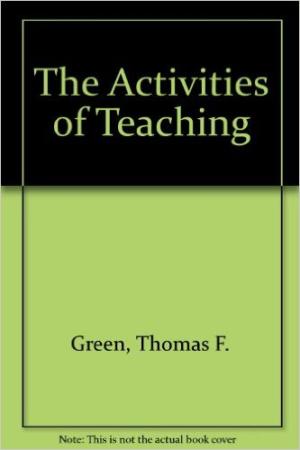
Written during a time when ordinary language analysis dominated Anglo-American philosophy, The Activities of Teaching ranks among the most thorough and illuminating examinations of the concept of teaching. However, it is more than a text about teaching, ; it is a text that teaches. Written with grace and clarity, the reader is always the author's first consideration. Each chapter contains two parts; the first extends and deepens the analysis of teaching; the second provides the reader with the background necessary to grasp the increasingly sophisticated argument. Each chapter concludes with a set of questions for further exploration of the ideas presented in the text. Suitable as a text for graduate courses in foundations and philosophy of education, in teaching and teacher education, or as a reference for those who study teaching, this work remains one of the very best analytical treatments of the concept of teaching. (From the Publisher)
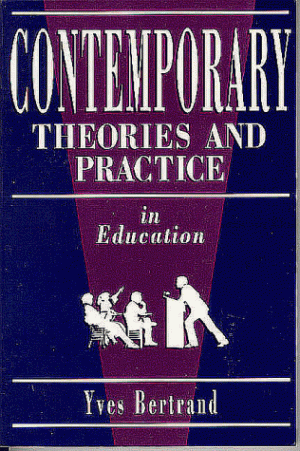
Contemporary Theories and Practice in Education explores the many lines of thinking that may influence how we teach. Bertrand explains who contributed what to our ways of thinking about learning and teaching - and why those contributions are important. This book invites you to enrich your teaching through the thoughts, research, and proposals of theorists such as Maslow, Piaget, Rogers, Vygotsky, Adler, Freire, and dozens of others. (From the Publisher)
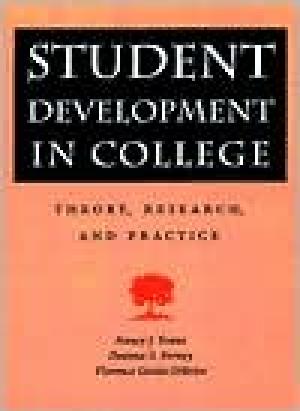
The second edition of Student Development in College offers higher education professionals a clear understanding of the developmental challenges facing today's college students. Thoroughly revised and updated, this edition includes new integrative theories of student development, expanded coverage of social identity theories, a targeted focus on higher education-related research, a current review of student development research and application, and reconceptualization of typology theories as a way to understand individual differences. (From the Publisher)
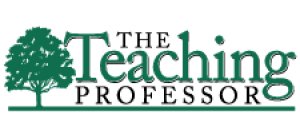
Journal Issue.
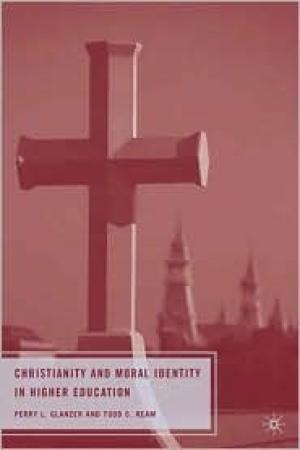
Many scholarly visions of morality in higher education suggest that moral instruction should deal primarily with a person’s professional or political identity. In contrast, Glanzer and Ream argue that a more wholistic moral education takes place within a university committed to a tradition that can set forth a comprehensive ideal for the school and its students about human well-being. (From the Publisher)
A 1000 word essay in response to a Call for Papers: “What do you have your students do during a class session when you cannot be present?"
A 1000 word essay in response to a Call for Papers: “What do you have your students do during a class session when you cannot be present?"
One page Teaching Tactic: students reflect on their reading practices for class.
One page Teaching Tactic: students learn about Lutheranism by doing historical research of local congregations.
Wabash Center Staff Contact
Sarah Farmer, Ph.D
Associate Director
Wabash Center
farmers@wabash.edu